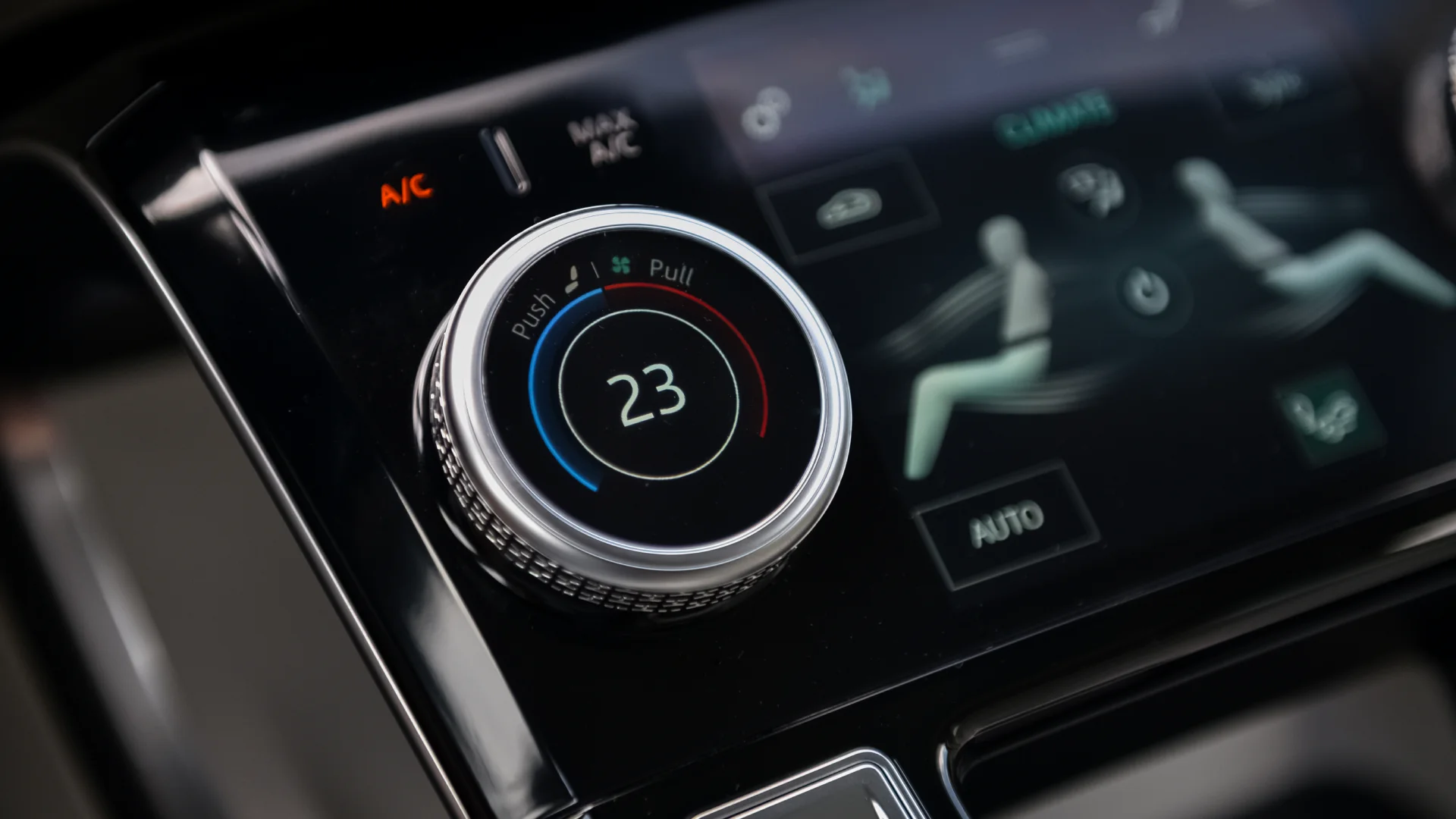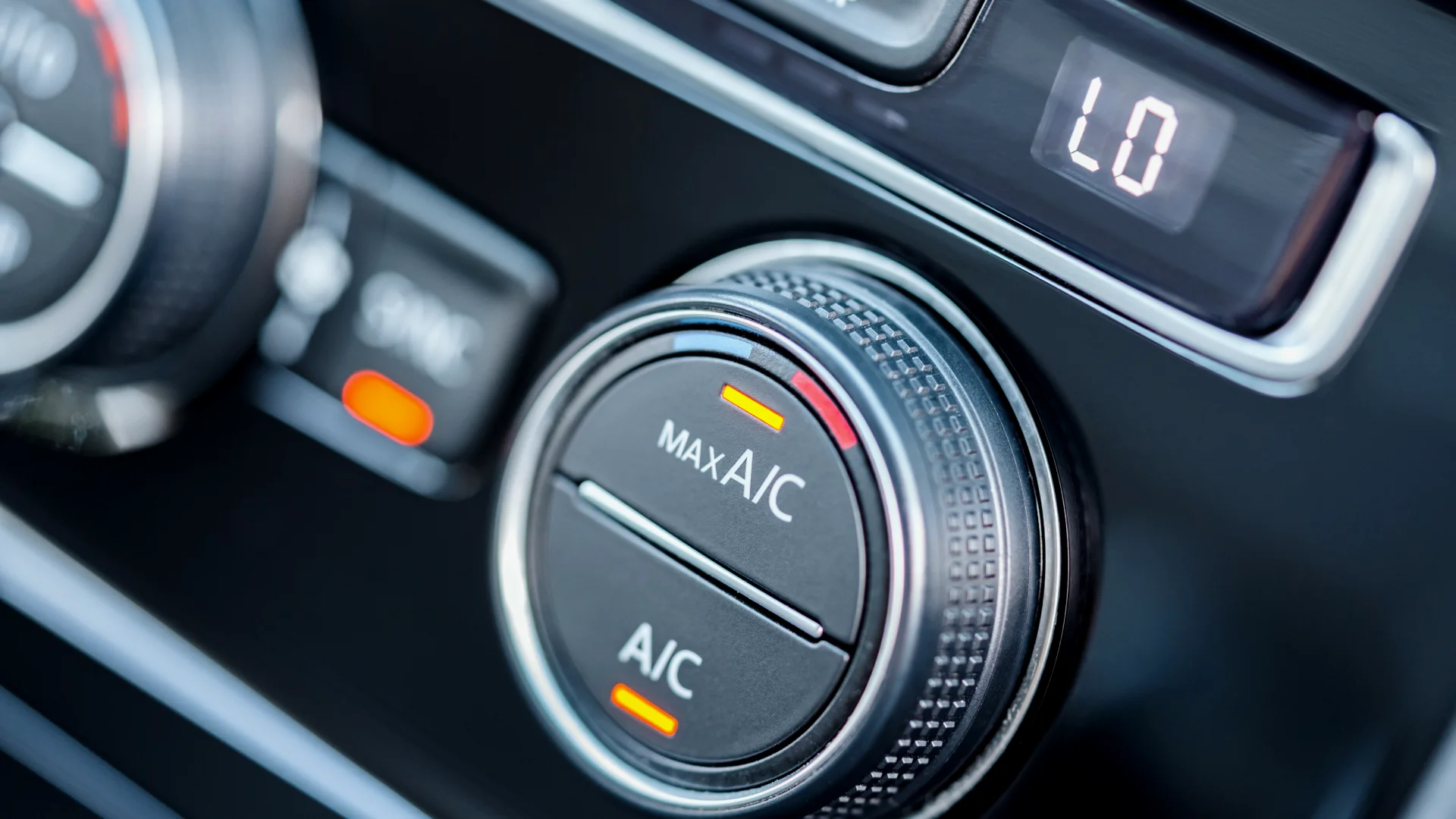In the modern era, our vehicles are equipped with many advanced features that enhance our comfort and well-being.
One such feature is the air conditioning system, which not only keeps us cool during scorching summers but also plays a crucial role in maintaining the cleanliness and hygiene of the car’s interior.
In this blog post, we’ll delve into the antibacterial properties of car air conditioning and how it manages to keep the air inside your vehicle fresh and germ-free.
Understanding the Enemy: Bacteria

Before we dive into the workings of car air conditioning, it’s essential to understand the potential threat it combats: bacteria.
Bacteria are microscopic organisms that can thrive in various environments, including the interior of your car.
They can cause unpleasant odors, trigger allergies, and even lead to health issues if left unchecked. That’s where your car’s air conditioning system steps in.
Filtration: The First Line of Defence
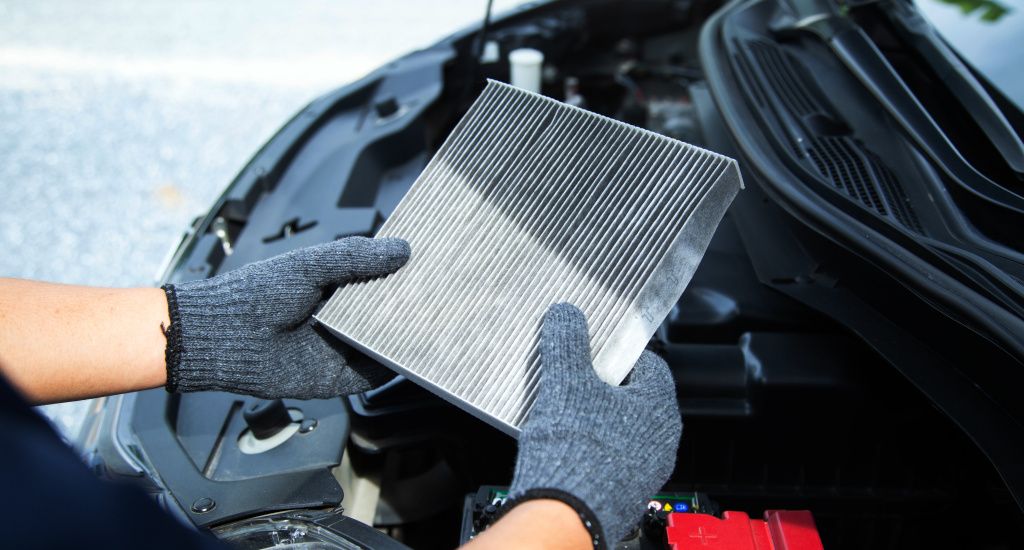
One of the primary ways car air conditioning systems combat bacteria is through the use of air filters. These filters are designed to trap dust, pollen, and other particles, including bacteria.
Many of these filters are equipped with antibacterial properties, such as silver ions, which inhibit bacterial growth on the filter surface. This prevents bacteria from circulating within the vehicle.
Regulating Humidity

Maintaining the right humidity level within your car is another key factor in preventing bacterial growth. Excess moisture can create an ideal breeding ground for bacteria.
Car air conditioning systems help by reducing humidity levels, making it difficult for bacteria to multiply.
The Role of Refrigerants
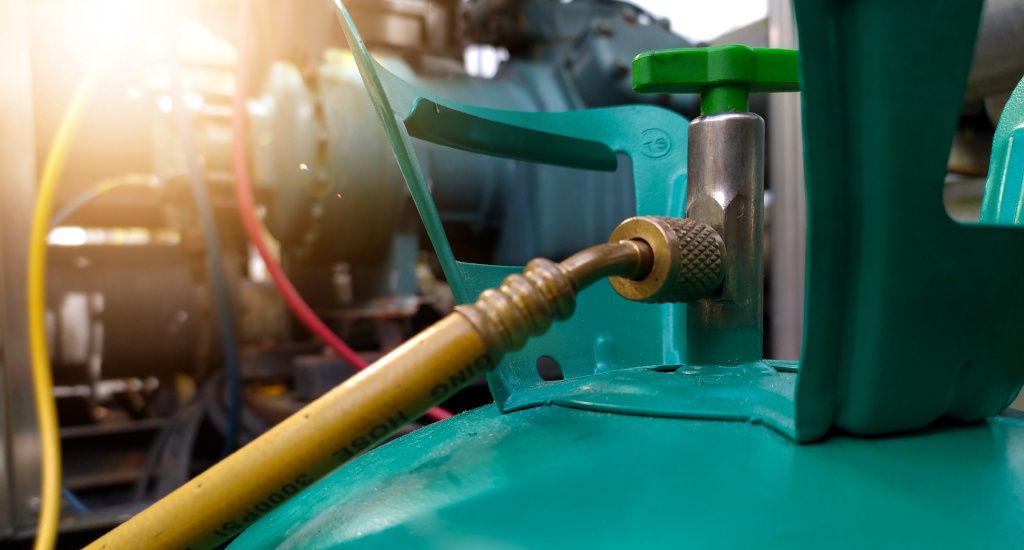
Refrigerants used in air conditioning systems also contribute to the antibacterial properties. These substances help cool the air while dehumidifying it.
The low temperatures and reduced moisture discourage the growth of bacteria, ensuring that the air blowing into the car’s interior is clean and fresh.
Regular Maintenance: The Key to Antibacterial Efficacy
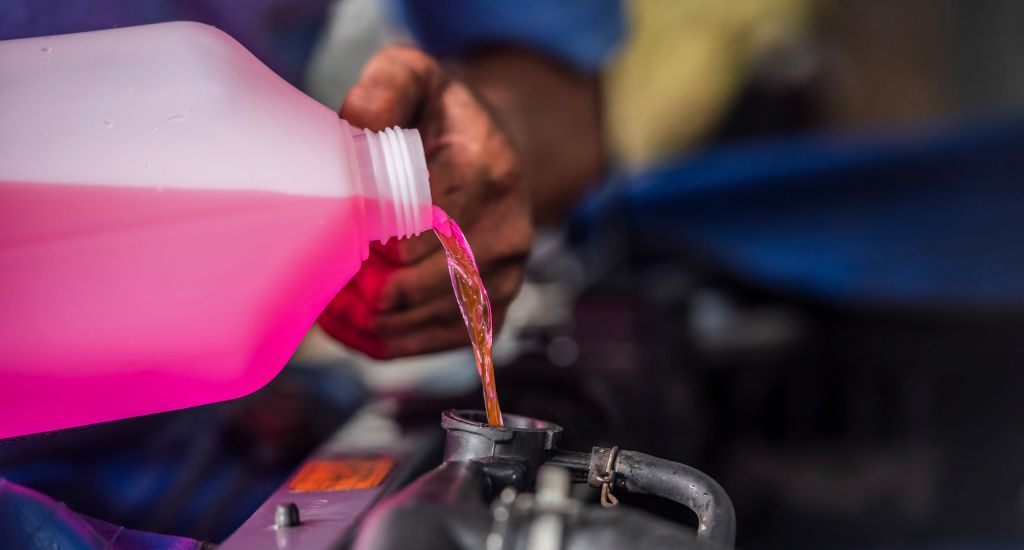
While your car’s air conditioning system is designed to combat bacteria, it’s essential to ensure its effectiveness through regular maintenance.
Over time, filters can become clogged, reducing their antibacterial properties. Therefore, changing or cleaning the filters is vital to maintaining a healthy interior environment.
Conclusion:
Car air conditioning does more than just keep you comfortable on a hot day. It also acts as a silent defender, ensuring that the air you breathe within your vehicle is clean and free from harmful bacteria.
By using air filters, regulating humidity, and leveraging refrigerants, your car’s AC system works tirelessly to provide you with a safe and healthy environment.
So, the next time you turn on your car’s air conditioning, remember that it’s not just cooling you down; it’s fighting off invisible threats to your well-being.
In conclusion, your car’s air conditioning system is a remarkable piece of technology that goes beyond providing comfort.
It contributes significantly to maintaining a clean and healthy environment inside your vehicle by combatting bacteria and ensuring the air you breathe is of high quality.
Regular maintenance is key to maximising its antibacterial efficacy, so don’t forget to keep your filters clean and well-maintained. Stay cool, stay healthy and contact our team at Bon Air today for anti-bacterial treatments and more!






